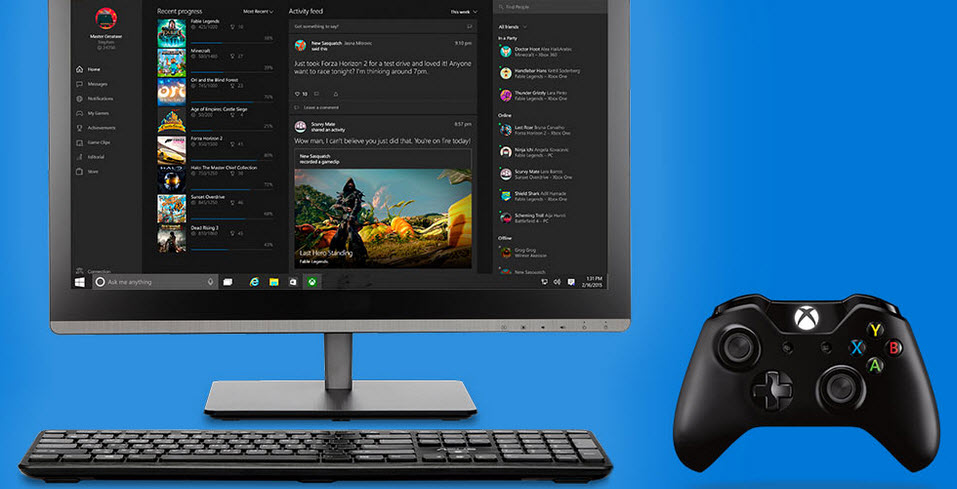Will Microsoft block Windows 10 users from playing counterfeit games?

As part of its "One Windows" push, Microsoft introduced new unified services and privacy agreements, effective August 1.

The most recently discovered clause in Microsoft's new unified services agreement -- which now covers Microsoft consumer services ranging from Xbox Live, to Bing, Cortana, Office 365 Home and Personal, OneDrive, Outlook and more -- that's got some up in arms involves Microsoft's ability to block users from playing counterfeit games or using unauthorized peripherals.
The new services agreement states:
"We may automatically check your version of the software and download software updates or configuration changes, including those that prevent you from accessing the Services, playing counterfeit games, or using unauthorized hardware peripheral devices."
But as The Verge's Tom Warren notes, this language is a carry-over from what Microsoft already has been doing with Xbox, by issuing Xbox software updates that block peripherals and pirated games.
From the Xbox Live terms of use page:
"We may, among other things: (i) restrict or limit access to the Services; (ii) retrieve information from the Authorized Device and any connected peripheral device used to log onto the Services as necessary to operate and protect the security of the Services, and to enforce this Agreement; and (iii) upgrade, modify, withdraw, suspend, or discontinue any functionality or feature of the Services, or any hardware or software associated with the Services or with an Authorized Device, from time to time without notice. We may do so by the automatic download of related software directly to your Authorized Device, including software that prevents you from accessing the Services, playing pirated games, or using unauthorized hardware peripheral devices."
Because Microsoft is moving toward building more and more of its products -- including the Xbox One operating system -- around the Windows 10 Core, it makes sense to have more of a unified services policy for those products and services that work across them.
What we don't know is whether "One Windows" and one service agreement means Microsoft will start doing what it has already done with Xbox, namely download software updates that will block users from playing pirated games or using unauthorized peripherals on Windows 10 PCs, tablets and phones, especially given the fact that Microsoft is enabling game streaming between Xbox One and Windows 10.
By unifying the language of its service agreement to cover all of its services, rather than to call out specific case-by-case instances, Microsoft has opened the door for such behavior. Will the company actually go so far as to start blocking Windows 10 users from running pirated games and unauthorized peripherals? I guess we'll find out....